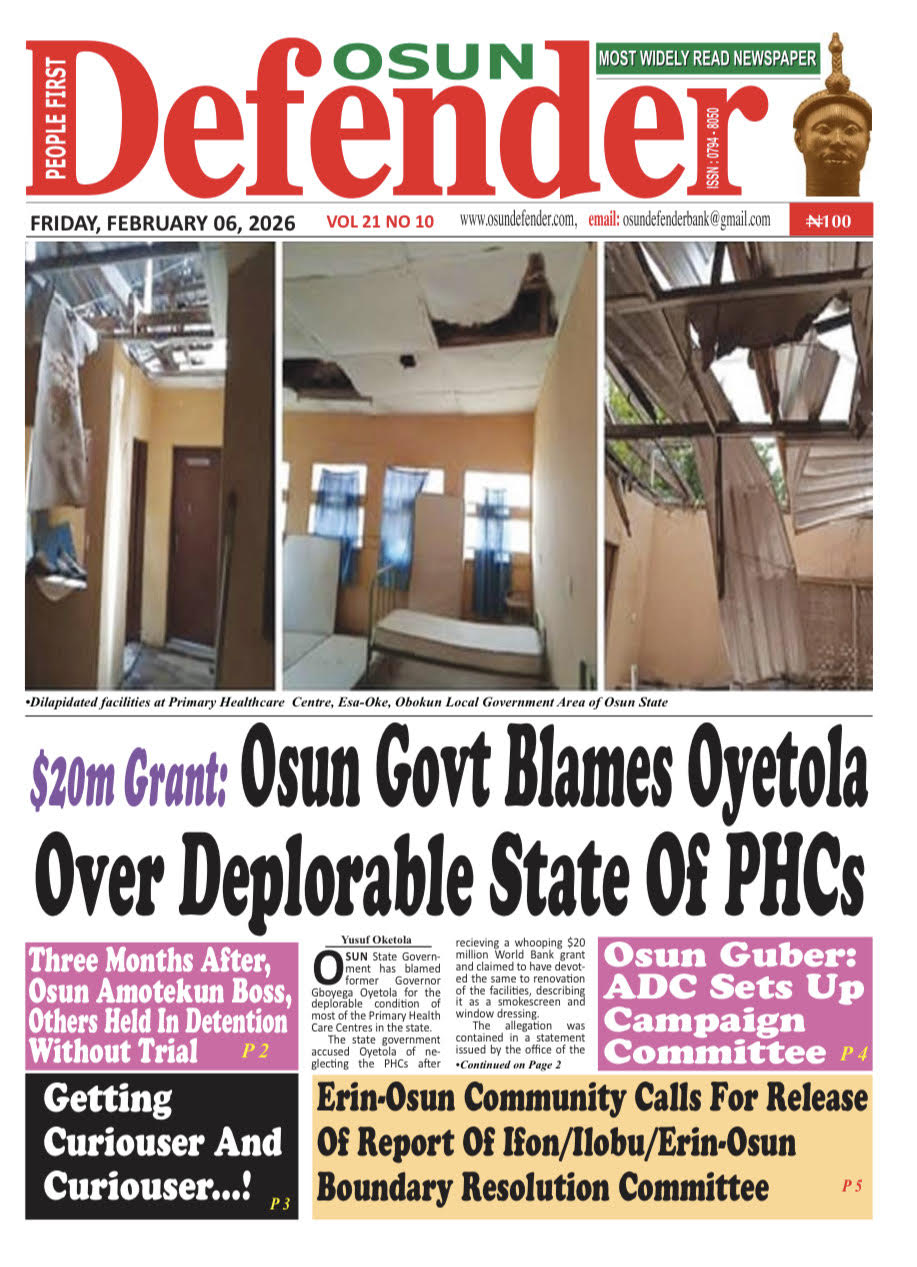A Retrospect Of Nollywood And The Birth Of A New Order

Hafsoh Isiaq writes on the new array of dimensions of filmmakers in the Nigerian Nollywood Industry with sophisticated professionalim making them achieve international visibility.
Change they say is the only constant thing in life. There will always be a room for growth in everything we do, the same applies to our film industry. Nollywood has over the years grown into what we have now- new Nollywood that is the talk of filmmakers as well as investors across the globe. There has been different views and opinion to the changes that have taken place in the industry either positively or negatively.
Nollywood in the 90s was characterized by a high level of unprofessionalism. Long before what we know as Nollywood today, film making has people in the form of playing companies and travelling troupes. They performed in various cities and attracted a huge crowd of faithful looking to unwind and have a good time. These plays, either funded by the court, church or audiences, were promoted via advertisements and posters disseminating information to potential audiences.
The old Nollywood was characterised by unsophisticated production but possesed authentic charm that resonated with audiences. Majorly, the actors, directors, producers and even the cinematographers and light engineers mostly learnt on the job, using their discretion with little or no formal education. It was often characterised by wrong casting, poor editing, lighting, effects and props.
Film titles often focused on traditional themes and morals that drew on folklore, myths, magic and legends. The narrative style was heavily influenced by Nigeria’s oral tradition, incorporating elements of suspense and humour. These movies were distributed in VHS tapes, CDs, and DVDs that quickly hit markets across Africa, dominating the late 90s and early 2000s.
Today, the new Nollywood is marked by a degree of professionalism that the old Nollywood never had. It can be said to be aesthetically sophisticated film that is characterized by new and different method of distribution which include cinemas and online streaming services. The new Nollywood is well structured and more formal in nature, making it seem more like a serious business now.
Presently, notable film makers have explored technological advancement to build the image of the Nollywood industry into an international standard. Among the remarkable productions that birthed the new nollywood was the release of “Anikulapo” by Kunle Afolayan. Afolayan’s preference for quality film production amd realistic storyline different from the usual Lalude, Ogunjimi and Abija’s stunts that characterized the old nollywood scored him high among film makers and ultimately made him a force to reckon with.
With Anikulapo’s release came a positive turn around for other budding filmakers in the industry on the need to be more professional in their work especially as their movies wete being used as source of joke by comedians and more importantly as Nigerian seem to start boycotting their movies since it only promotes thuggery, rituals killings, polygamy, armed robbery, ill-gotten wealth, yahoo yahoo, prostitution and other social vices.
The new Nollywood has learnt from these shortcomings and now produce movies that can sell easily. Leveraging on the opportunity are the likes of Femi Adebayo, Odunlade Adekola, Ibrahim Yekeen Itele, Toyin Abraham and others following the footsteps of Kunle Afolayan’s sophistication and thirst for block buster movies. This lead to the release of movies like Agesinkole, Orisa, Elesin Oba, Kesari, amongst others and particularly the release of Jagun Jagun which elevated nollywood scenes.
Now, Nollywood has hit a new dimension with captivating stories treating subjects on politics, crime, governance, romance, betrayal and full of intrigues, suspense as well as climax. The screenplays are now issue based, daring and topnotch. Nigeria’s critical audience can now determine what to watch based on the quality of films available to them.
Thus, it is save to say the old Nollywood produced films that dragged too long, talky, immature, predictable and eventually the message might be lost. But new Nollywood has learnt from these shortcomings and now produce movies that can sell easily.

Hafsoh Isiaq is a graduate of Linguistics. An avid writer committed to creative, high-quality research and news reportage. She has considerable experience in writing and reporting across a variety of platforms including print and online.









